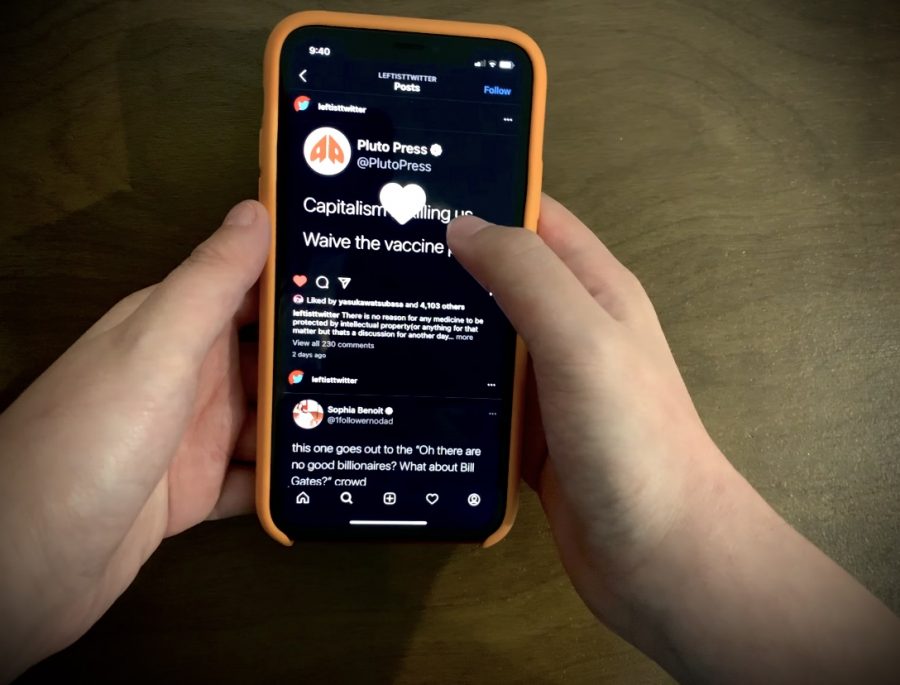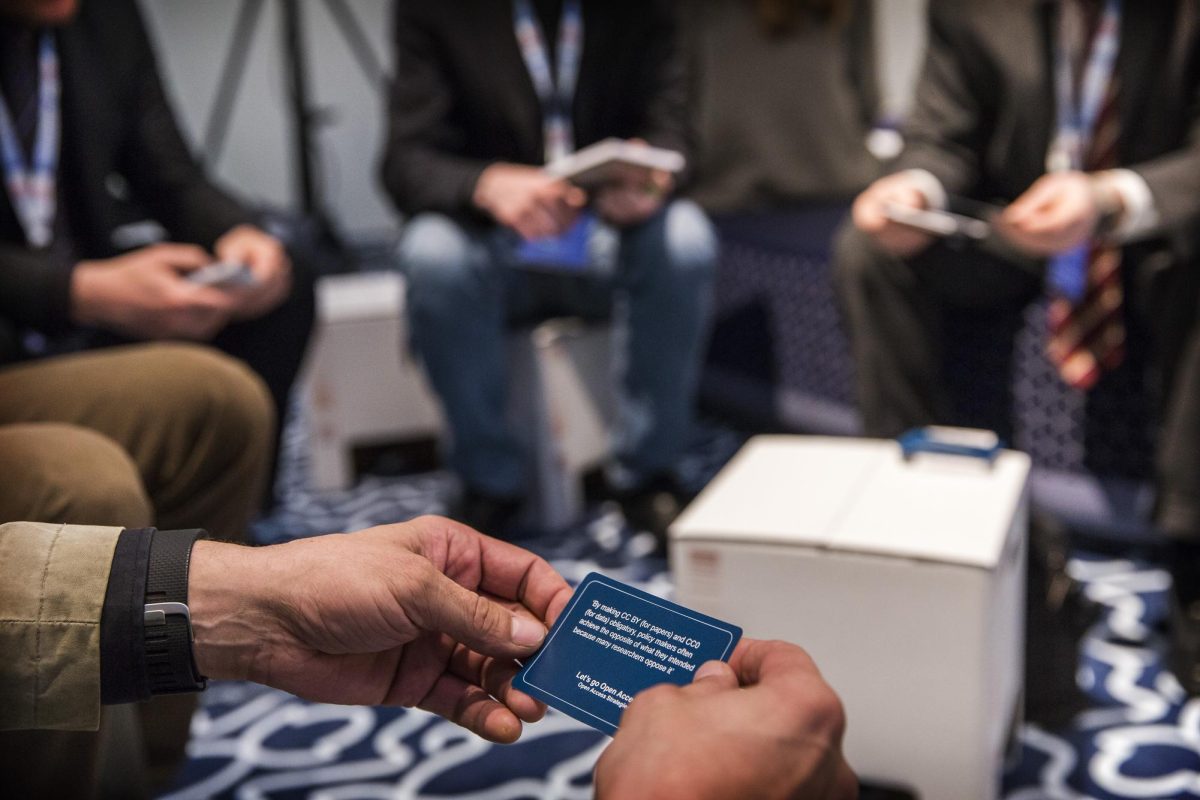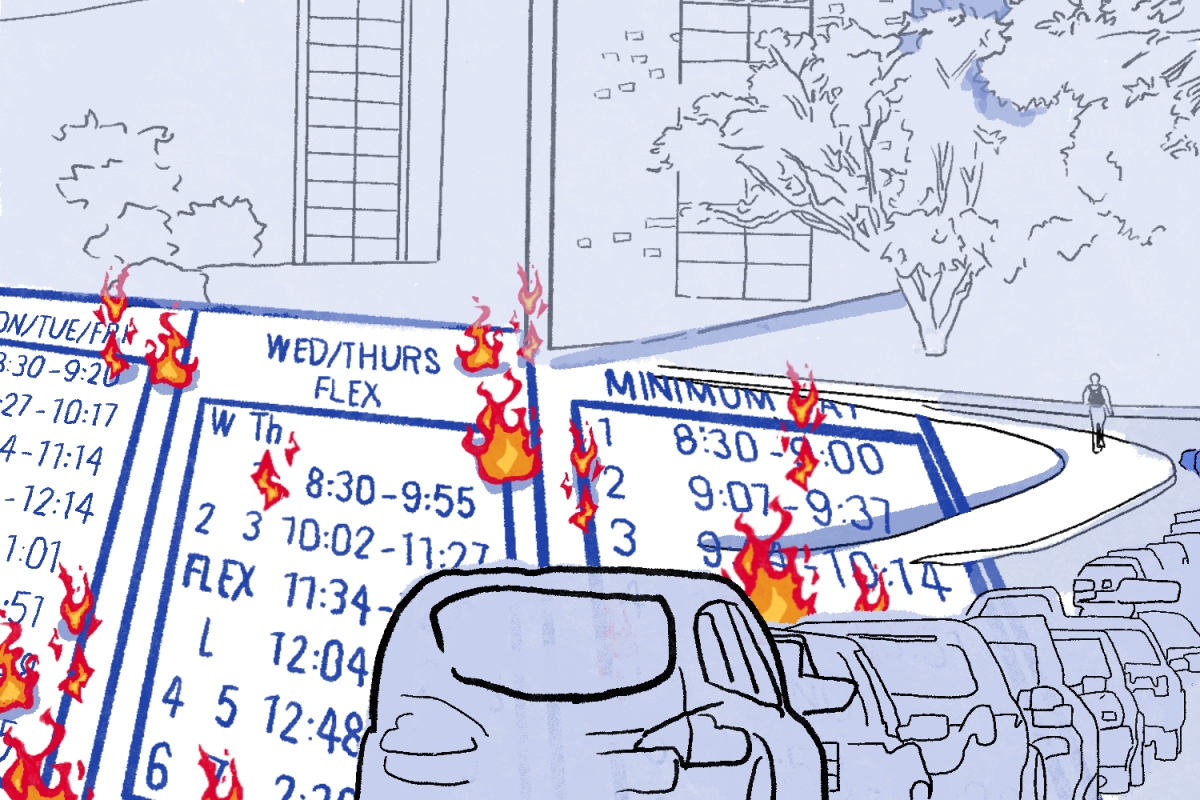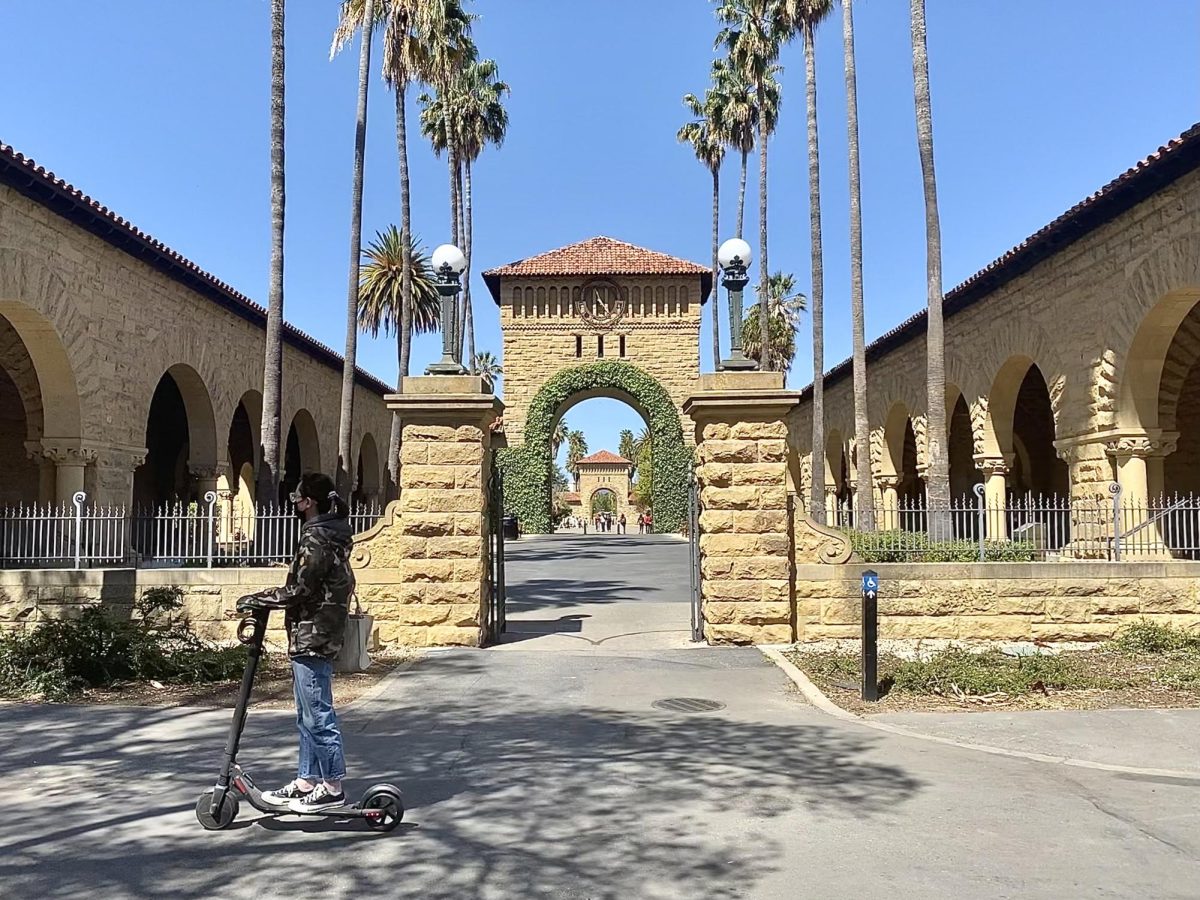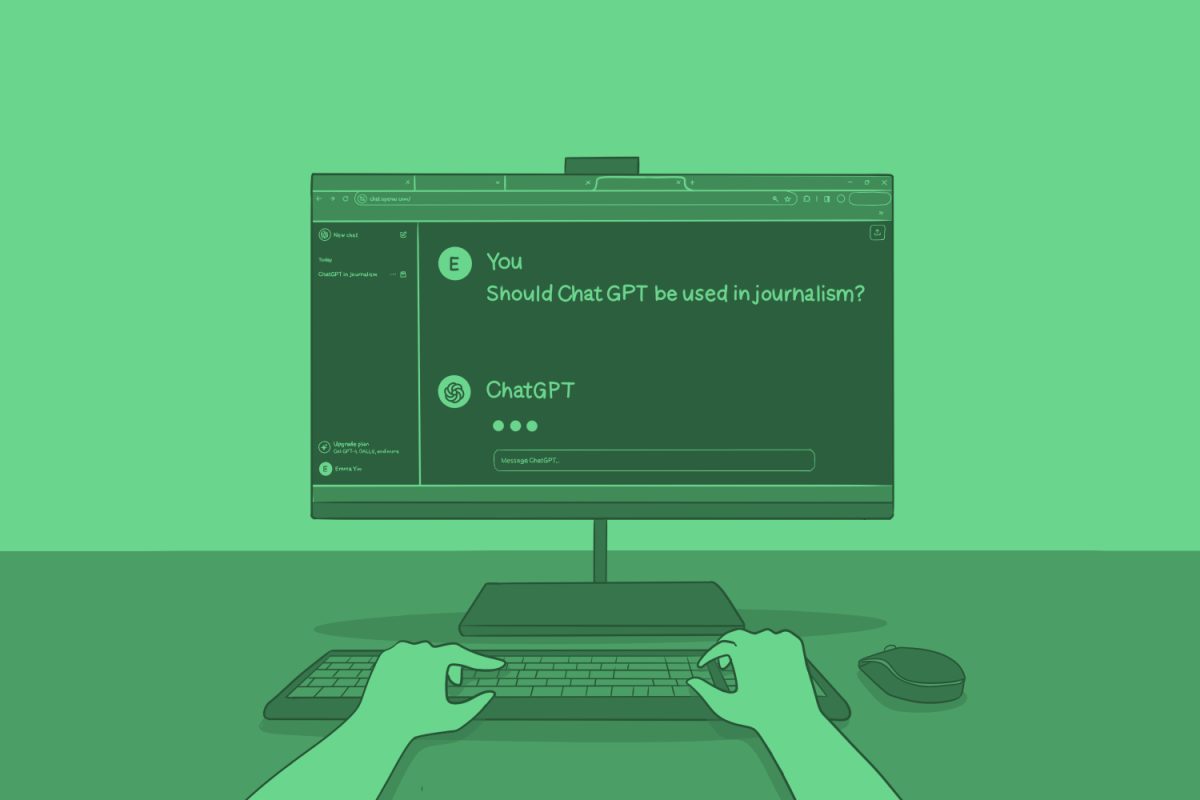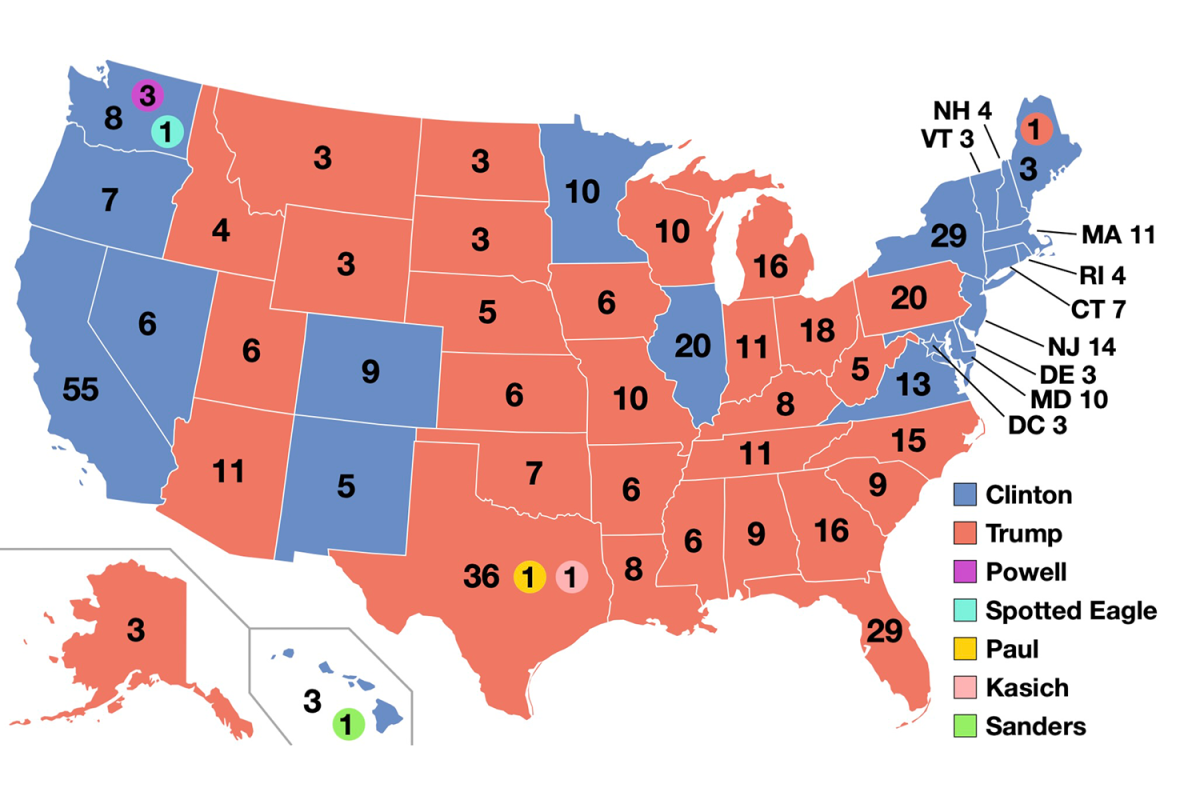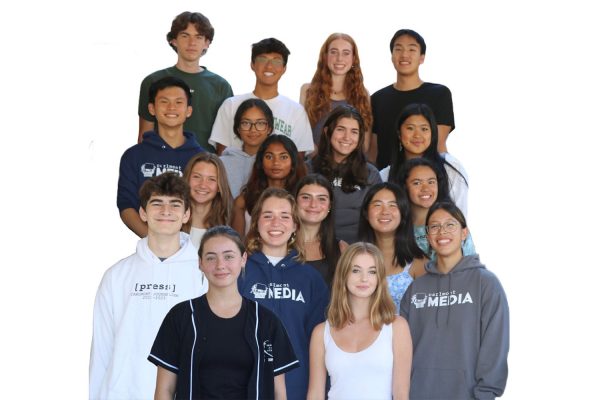“On October of 2019, Daunte Wright, who was a child, smoked a single joint of weed and was given a ticket for it. It was a petty misdemeanor […] if anybody tells you ‘he had warrants,’ this is it,” said Shaun King, a social activist, on his Instagram page.
King’s post quickly garnered thousands of likes and numerous reposts amidst outrage surrounding Wright’s death at the hands of a Brooklyn police officer. But his claims were wrong.
Similarly, Walter Carson, in a viral Tiktok reposted by numerous celebrities, claimed the court issued the warrant after Wright failed to present himself at a hearing, but the court had sent notice to the incorrect address. Like King, Carson was incorrect.
Wright’s warrant for arrest was issued after he failed to appear in court on charges that he fled from police and possessed a firearm without a permit. But numerous other claims were spread and believed by hundreds of thousands of people. Social media was the perpetrator.
This past year has been one of political and social turmoil. Everyday life has been marred by a deadly pandemic, rising anti-Asian attacks, police brutality, and much more. These grim events have sparked an increase in activism, especially online.
But with an increase in activism and information comes an increase in conspiracies and falsehoods, which can easily be misinterpreted and absorbed as truths. To prevent this from happening, fact-checking claims becomes increasingly important.
Numerous accounts have been created to promote protesting and raise awareness about important social, political, and economic issues. Many of their posts receive hundreds of thousands of likes and reposts, influencing many people worldwide.
Teens especially have embraced these accounts, with many students in the Bay Area reposting multiple a day. However, many do this without ensuring the information they share is accurate.
Many of us are familiar with the notion of fact-checking articles and sources in an academic format.
“Fox News is unreliable.”
“Don’t use Wikipedia.”
“CNN has a heavily liberal bias.”
These are phrases students hear endlessly and are taught to consider when researching. However, this same attitude of fact-checking is lacking when these students consider social media posts. It shouldn’t be.
Oftentimes, social media posts will blow up, many with an extreme bias and incomplete stories. Posts are often designed to elicit a strong response and will often exaggerate or hide extra details about the events or issues they speak on. Their desire to go viral results in a lack of the complete truth.
In fact, a 2019 study published in Science by MIT Sloan professor Sinan Aral and Deb Roy and Soroush Vosoughi of the MIT Media Lab found that falsehoods are 70% more likely to be retweeted on Twitter than the truth, and reach their first 1,500 people six times faster.
Additionally, posts can be created by everyday people rather than professional writers or scholars with extensive backgrounds on the topics they speak on. Anyone can make an Instagram post; few can write an article for The New York Times.
It is essential that we keep this in mind before reposting every political post we like or agree with. Just because a post is compelling or tells us something we want to hear does not mean it’s correct.
However, this doesn’t mean the spread of activism and reposting important issues to us is a bad thing. The spread of awareness and information can help educate others about important problems in our world and lead to action. But when false information is spread and absorbed by the masses, negative consequences can occur. This is why fact-checking is so important.
Far too often, incorrect claims in posts repeatedly spread throughout the internet and influence millions of people. Swallowing information and believing it without verifying the information makes us extremely susceptible to organizations like Q-anon and cults, as well as violence and destruction.
To minimize the spread of false claims, we need to gain a deeper understanding of issues themselves and protect ourselves from social media’s influence. We need to get in the habit of fact-checking content before sharing and research before reposting.
Look at multiple credible sources that cover the topic explained. Look into the accounts and the people behind them to see if any biases may underlie their points. Then, and only then, you should consider sharing.
*This editorial reflects the views of the Scot Scoop editorial board and was written by Elle Horst.

